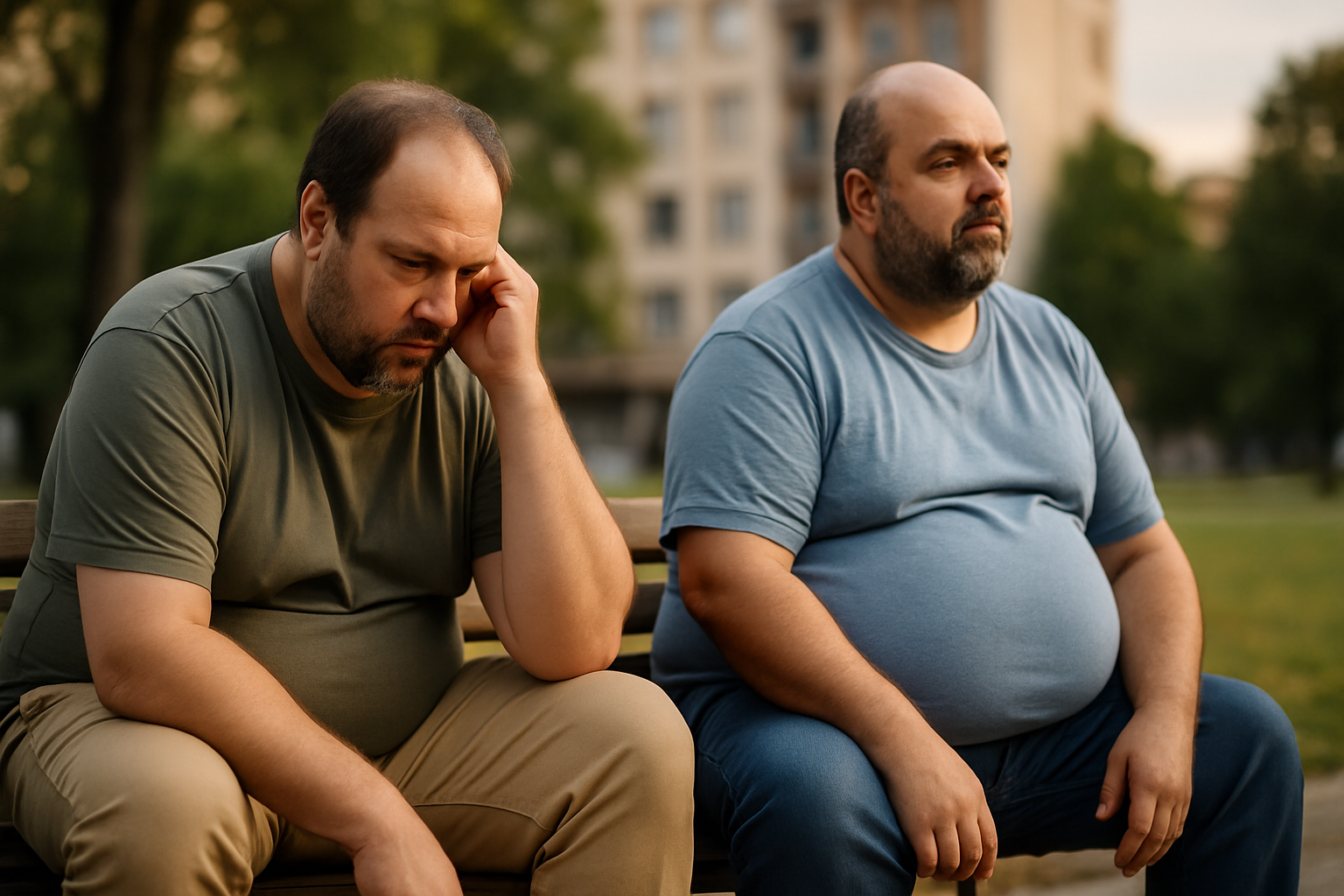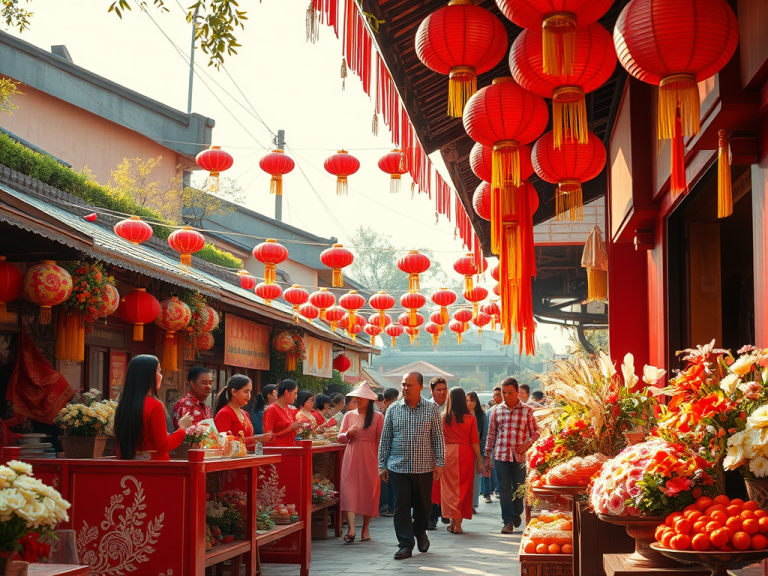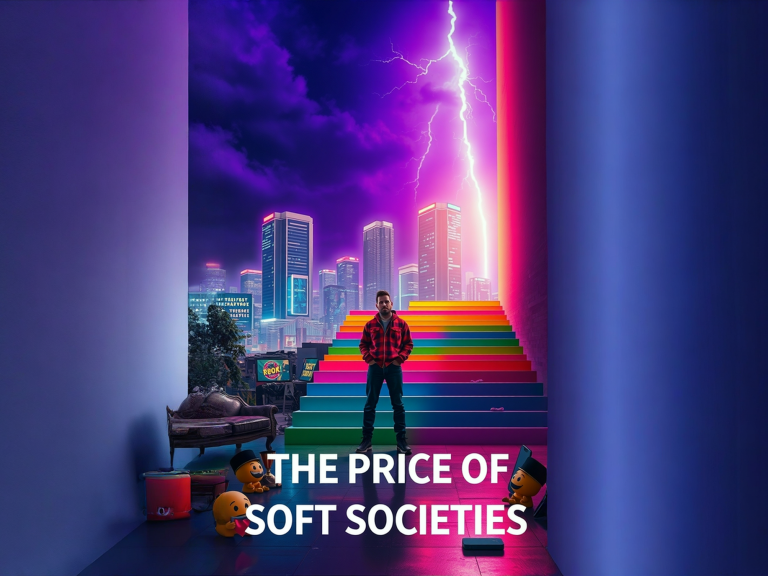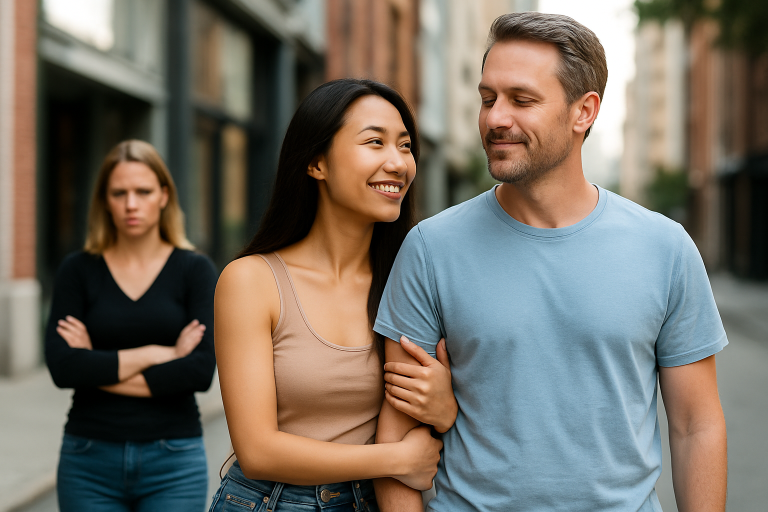Body Positivity Isn’t for Fat Men
Body positivity was supposed to be a movement supporting people with insecurities. That’s what they said. But just take a look at reality: this movement only works when the body is female.
A fat woman posts a photo on Instagram? “You’re beautiful!”
A fat guy posts a photo? “Go to the gym, you slob.”
It’s not about health. It’s not about self-acceptance. It’s about convenient selection — where one thing is promoted, and the other mocked. An overweight man isn’t “body positive.” He’s “lazy,” “unattractive,” “undisciplined.” An overweight woman? “Strong,” “brave,” “confident.”
The double standards are screaming.
And no, this isn’t about glorifying obesity. It’s about not turning it into an ideology that only applies to women. Because suddenly, it turns out “body positivity” has a gender.
There’s more:
Men don’t lie to each other. If a guy’s fat, his friend will tell him. Straight up. “Bro, you’re falling apart — get it together.” That’s it. No “you’re beautiful on the inside.” No sugarcoating.
Women? Even if they see their friend falling apart physically — what do they say? “You look amazing, don’t worry.” Or “What matters is that you feel good.” False comfort instead of honest reflection. No motivation — just excuse.
A man with a belly should feel shame.
A woman with a belly should feel pride.
A man should “fix himself for a woman.”
A woman? “If you don’t like it, don’t look.”
Where’s the equality? Where’s the honesty?
Because if “every body is beautiful” — then say it to the man with love handles, a receding hairline, or imperfections.
Or stop preaching acceptance when you’re still picking by looks.
Because the truth is:
Body positivity isn’t acceptance. It’s privilege — and a selective one.
Now let’s look at what happens in Asian countries.
In Japan, adult obesity is around 4% — while in the U.S. it’s over 42%. In South Korea or Vietnam, those numbers are just as low. Why? Because kids grow up eating vegetables, rice, and fruit. Because they don’t grow up stuffing themselves with fast food and calling it “self-love.” Their food culture is simple, clean, and healthy — no ideology needed.
And there, people don’t dance around words. There’s no “size 46 is beautiful too.” You’ll see stores openly named “Fat Girls,” “Big Size Store,” or “Chubby Fashion.” No dressing it up. The message is clear: you’re bigger — here’s your section. Period. Even an XL in Japan looks like an M in Europe. And nobody cries about it. Because there, people don’t get offended by labels — they know they have to take care of themselves.
Maybe that’s why nobody in Asia needs to shout about “body positivity.” There’s no false narrative to cover up what’s obvious.
And one more thing: men grow up hearing the truth. If you’re fat — you’re fat. If you’re balding — you’re balding. You get a nickname that stings, but at least you know how people see you. It might be brutal, but it’s real. And men live with that. No one tells them “you’re beautiful inside.”
Women? They’d never say that to each other. You’ll never hear one girlfriend tell another “you’re letting yourself go” or “your belly’s hanging out.” Instead, it’s all “babe, you’re gorgeous, don’t stress,” or “the outfit is wrong, not you.” And then they wonder why nothing changes. Because none of them has the guts to hold up a real mirror.






